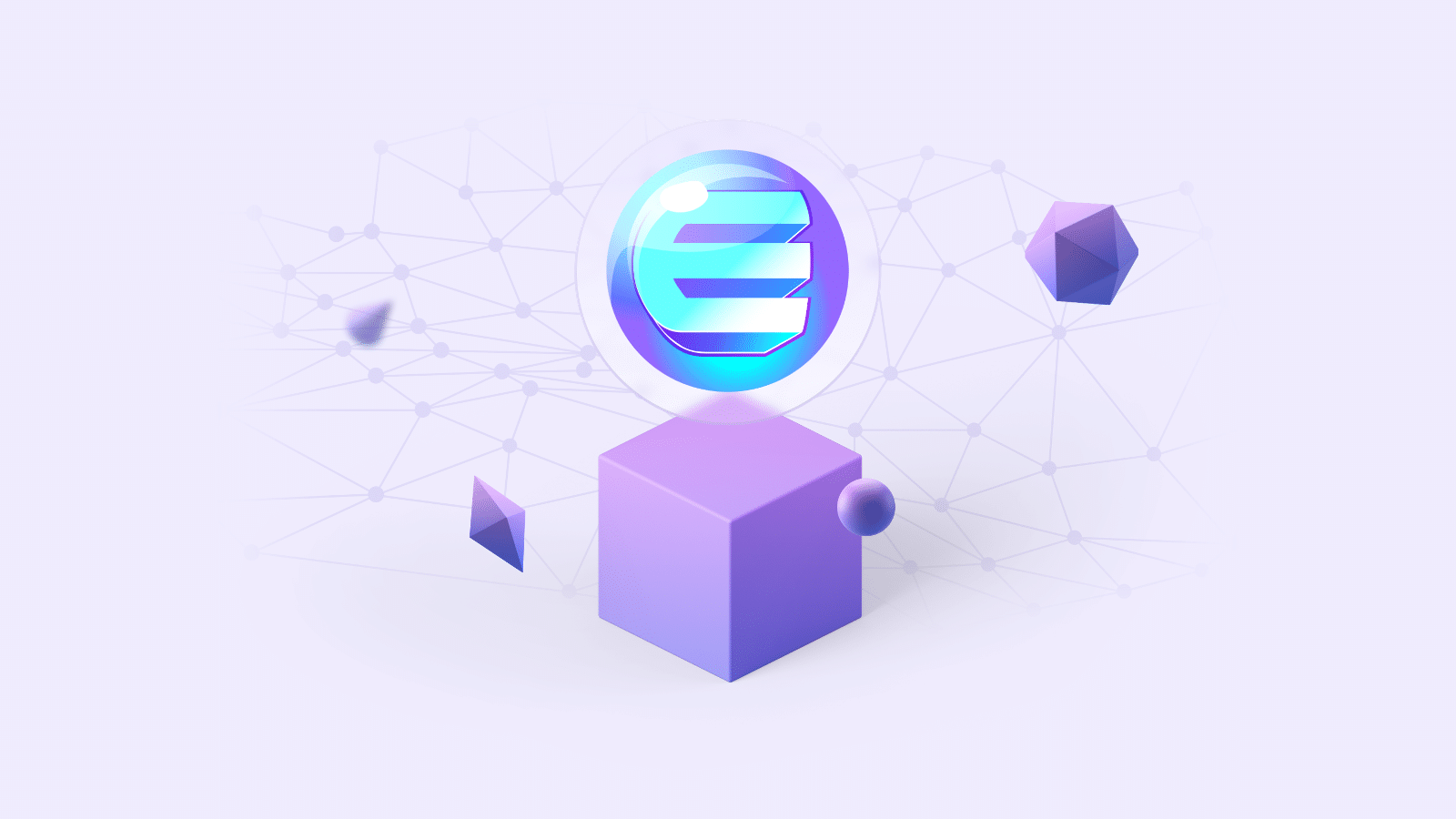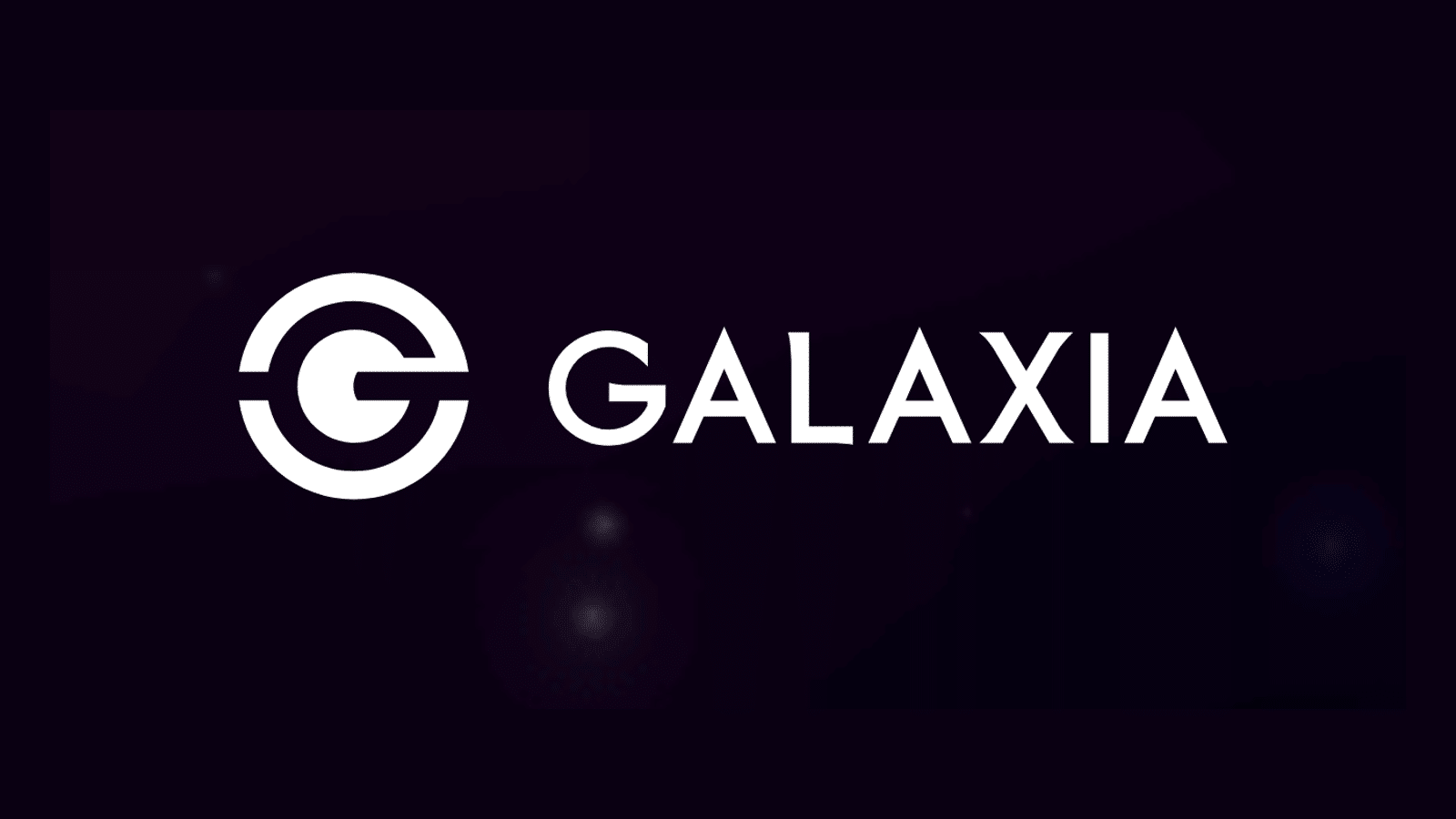Scrutiny of Several Altcoins Intensifies in South Korean Crypto Community
Publikováno: 22.11.2023
Source: Enjin In South Korea, the cryptocurrency community is calling for stronger reporting standards and a more rigorous regulatory framework as multiple virtual assets encounter delistings and circulation discrepancies, according to Digital Today. The push for enhanced oversight follows a series of delistings and reported inconsistencies in the circulation volumes of altcoins such as Galaxia […]
The post Scrutiny of Several Altcoins Intensifies in South Korean Crypto Community appeared first on Cryptonews.

In South Korea, the cryptocurrency community is calling for stronger reporting standards and a more rigorous regulatory framework as multiple virtual assets encounter delistings and circulation discrepancies, according to Digital Today.
The push for enhanced oversight follows a series of delistings and reported inconsistencies in the circulation volumes of altcoins such as Galaxia (GXA) and Enjin (ENJ), sparking controversy and undermining investor confidence in the market.
ENJ and GXA Circulation Issues Trigger Regulatory Call in South Korea
Enjin Coin was delisted from the Upbit fiat market in September due to a significant increase in tokens released. The Enjin Coin mainnet integrated the original Ethereum-based tokens with a new Polkadot-based chain, resulting in the issuance of up to 2 billion new tokens.
Last September, 350 million ENJ tokens were released and distributed, leading to a substantial 35% of total existing tokens being released into the market within two months of the mainnet’s launch, potentially driving up the token’s inflation rate to about 75%.

Galaxia (GXA), another virtual asset, also fell into controversy when it was discovered that the actual number of tokens in circulation exceeded the amount initially announced by the foundation.
On October 17, a hack on the platform compounded the issue with 380 million GXA tokens stolen. Following the hack, Galaxia was found to have exceeded the announced distribution volume in the market. As of October 31, the distribution announced by the Galaxia Foundation was 2.5 billion units, but the actual distribution amount reached 3 billion units.
Galaxia Foundation responded to the incident, claiming, “The quantity known to have been exceeded, approximately 500 million units, is the quantity paid by the Galaxia Foundation to Galaxia Metaverse as operating agency fees, etc. in 2022. The reason the Foundation did not collect (the quantity) was unnecessary due to coin movement.”
“This was to eliminate any potential misunderstandings. We decided to deduct this amount as operating agency expenses in 2023,” said the Foundation.
The cryptocurrency data service company Xangle demonstrated the importance of strengthened scrutiny, saying, “In order to prevent similar distribution volume incidents from recurring, it is necessary to introduce clear standards for calculating distribution volume and a proven disclosure system that can monitor them.”
Bithumb CEO’s Trial Begins as Crypto Scrutiny Escalates
The trial of Lee Sang-jun, CEO of Bithumb Holdings, began in Seoul on Nov. 21, adding to the urgency for greater scrutiny in South Korea’s cryptocurrency sphere. Lee faces charges for allegedly “soliciting the listings” of unnamed altcoins on the Bithumb exchange.
This case adds to the existing concerns over transparency and regulation in the industry, as exemplified by the recent delistings and circulation discrepancies of several altcoins, stressing the need for stricter oversight within the crypto community.
The post Scrutiny of Several Altcoins Intensifies in South Korean Crypto Community appeared first on Cryptonews.